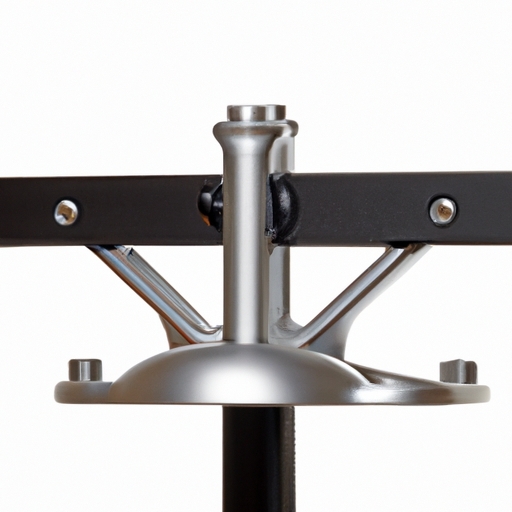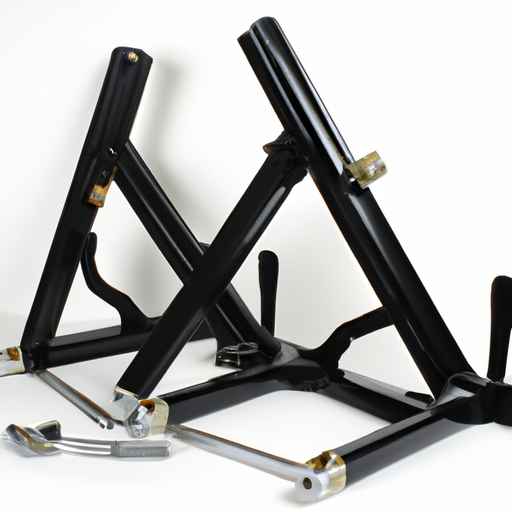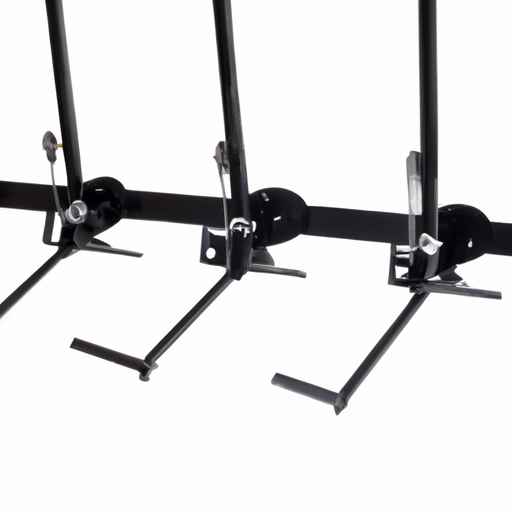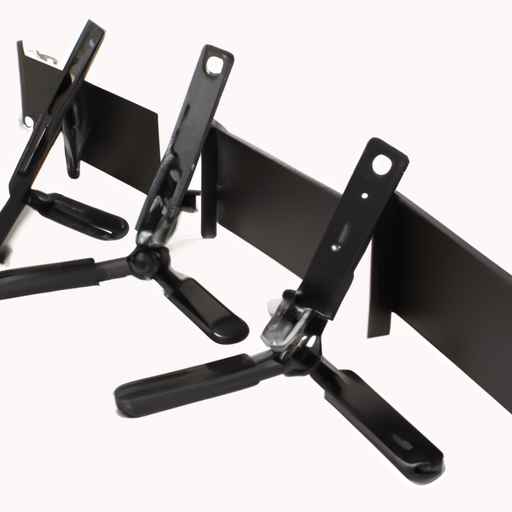
If you've recently purchased a new television or are thinking of upgrading your existing one, you may be considering a TV wall mount. This is a great way to save space while creating a sleek and modern look for your home entertainment system. With so many choices on the marketplace, it can seem overwhelming to pick the right one. This guide has been put together to answer your most frequent questions about wall-mounted TVs. MetalTheater.com
A TV wall mounting is a better option than a standard TV stand. It's a great choice for smaller apartments and rooms, as it allows you to save valuable floor space. Wall mounting your TV can also create a cleaner, minimalistic look, especially if you choose a mount with cable management options. Mounting your TV at the correct height will also help reduce neck, back, and eye strain, particularly if you watch for long periods.
Another benefit of a wall-mounted TV is that you can enjoy a much better viewing experience. With a TV wall mount you can adjust the viewing angle with ease. This is useful if the room you are using to watch sports, movies, or other events is big. MetalTheater.com
Finaly, a wall-mounted TV can help keep your TV safe. By mounting your television to the wall, it will be protected from being knocked back or accidentally bumped. This can result in damage to the screen or even injuries to people near the TV. Some wall mounts have locking mechanisms to prevent theft and unauthorized removal.
There are several types of TV wall mounts to choose from, including fixed, tilting, full-motion, and ceiling mounts. Fixed mounts are a simple and affordable option. They allow you to mount your TV in a fixed position without being able to change the viewing angle. Full-motion mounts let you adjust your TV's angle vertically. Tilting mounts offer a full range of movement for your TV. If you're looking to save space on your wall, ceiling mounts can be a good option.


It's important to take into account the weight and size of your TV when choosing a wall mount. Fixed mounts work well for smaller TVs. For larger TVs, a full motion mount may be needed for additional support. Additionally, the location of your TV and the viewing angle should also be taken into account. A tilting or full motion mount is better suited to mounting your TV in an area with high traffic. MetalTheater.com
Installing the mount is another important factor. While fixed mounts are relatively easy to install, tilting and full-motion mounts may require more advanced installation techniques. Read the instructions of the manufacturer carefully, and if needed seek professional installation, to ensure that your television is mounted safely.
Measure your TV before choosing a wall mount to make sure you are selecting the right size. For this, you'll need to measure the distance from the mounting holes at the back of the TV (known by the VESA patterns), along with the height and width. Double-check that your TV mount can handle the weight.
When measuring your TV to fit a wall mount, you should also consider the viewing angle. The wall mount must be placed at an angle, and at a suitable height to allow for comfortable viewing in your desired seating location. Consider any obstructions that might affect the position of the mount, including windows and furniture.


Once you've measured your TV and determined the appropriate mount, it's important to follow the manufacturer's instructions carefully when installing the mount. If you need to drill into your walls, make sure that you are equipped with the proper tools. It is always best to consult with a professional about any aspect of installation. MetalTheater.com
It is possible to install your own TV wall mount, but many people choose to hire professionals to make sure that everything is done correctly and safely. Professional installation is also a good way to save time and money, especially for those who aren't confident in DIY projects. DIY installation may be the most cost-effective choice if you have some experience and are good with tools. Use the correct tools and accessories for your wall type and mount.
The warranty is another factor to take into consideration when choosing between DIY installation and professional installation. Manufacturers may require professional installation to maintain their warranty. Check the warranty information prior to making any decisions. In addition, professional installers might offer their warranty or guarantee to their work. This can provide added peace-of-mind. MetalTheater.com
